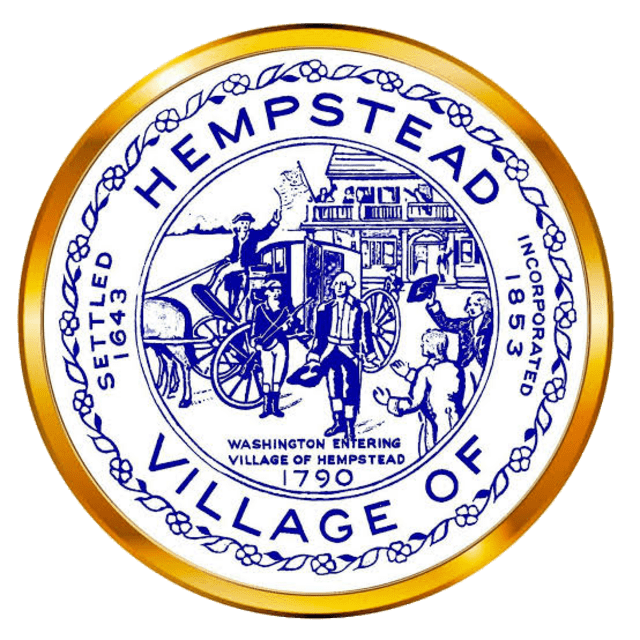By Kumba Jagne
The Hempstead Village City Charter Commission Advisory Board has, after three years, nearly completed the city charter draft that will lead Hempstead Village through the process of seeking state approval to become a city. At the most recent City Charter Commission meeting on Sept. 11, advisory board member Ian McKay led a discussion on adding public funding to the charter.
In public funding of election campaigns, also known as public financing, elected officials may apply to receive limited government funds for their campaigns. Fifteen states, including New York, and Washington, D.C. allow a public financing option.
There are two main types of public funding programs, according to the National Conference of State Legislators. Grant programs offer candidates one or more lump-sum payments upon qualification for a program. In matching funds programs, the government offers one dollar for every dollar that the candidate raises until a certain limit is reached.
During the Hempstead Village meeting, Charter Commission members used Portland, Maine as an example of a city with a public financing grant program at work. If candidates wish to apply for public funds to cover electoral expenses, they must obtain a certain number of qualifying contributions (QCs), $5 donations from potential voters. A mayoral candidate, for instance, would need to raise 200 separate QCs, or a total of $1,000, and a city council member, 100 QCs, or $500. Candidates must turn their QCs into the Portland Clean Elections Fund.
After filing the necessary paperwork, if approved, the candidate would receive public funds and would be prohibited from raising private dollars. An initial block grant for a mayoral candidate could be $40,000, and total funds could be as high as $120,000. The application for public funds is separate from the process to get on the ballot.

“I’m thinking of me or people younger than me that may not have the resources as a seasoned person who has money or has a bunch of resources behind them,” McKay said in a post-meeting interview. “Leveling the playing field, diversifying thought, diversifying access to people who actually serve and live in that community was important to me.”
Currently, the mayor, deputy mayor and trustees of Hempstead Village are all African American. The two largest racial/ethnic groups in Hempstead Village are African American at 43.2% and Other (Hispanic) at 27%. Hempstead Village’s median household income is $82,454.
Charter Commission member Raymond Gomes, a detractor of public funding, said he does not wish to see his tax dollars go to a candidate whom he does not support and would prefer more traditional methods of raising funds.
“Go out there, do the work, win the confidence of the constituents,” Gomes said in a post-meeting interview. “You know exactly what the people want because you’ve met with them, you’ve spoken to them, walked in their shoes so to speak, and then you’re able to represent them better. For me, it’s all about representation and commitment.”
Public funding of elections would not necessarily raise taxes. Rather, as McKay explained, fees and taxes on companies could be allocated to this effort, or funds that were originally dedicated to another village concern might be reappropriated.
And, if Hempstead Village were to become a city, it could receive millions more in funding from the state.
Gomes said he believes there are other village needs that the money would be better suited for. “Those public funds could go towards more initiatives around the village and the neighborhood to make the place better,” he said. “There’s a lot of work to be done in this village.”
Rather than include public funding in the charter, McKay said an article could be added to it to allow for a public session or referendum on election financing.
“We don’t have to solve this problem,” Commission member William Miller said. “We can say the intent for this session is to say we want someone to study what it would mean to do public-funded local elections at the district council.”







